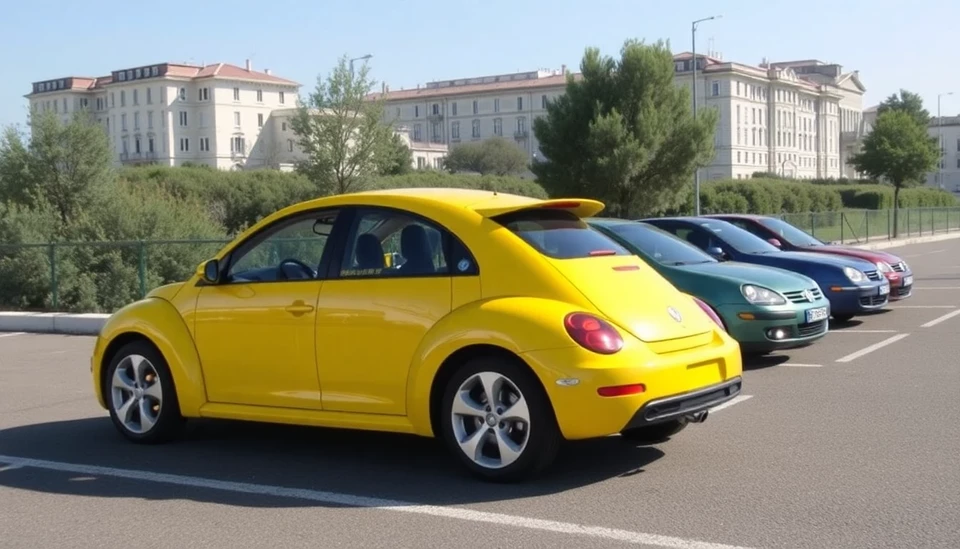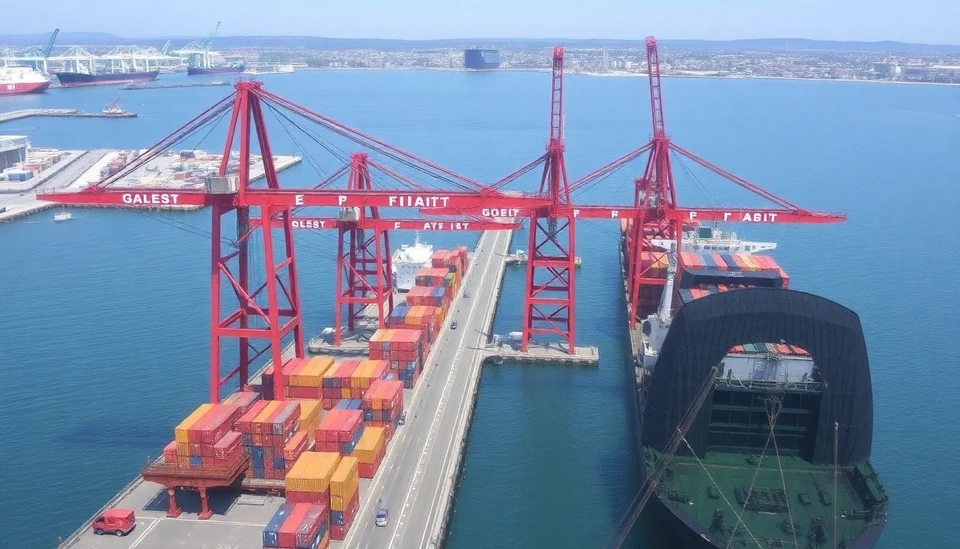
In a decisive move that underscores its commitment to automotive freedom, Italy has ramped up its efforts to revise the European Union’s controversial ban on the sale of new internal combustion engine (ICE) cars, set to take effect in 2035. The Italian government is seeking to challenge the EU’s legislative framework which has ignited an intense debate over the future of vehicle policies across the continent.
The Italian Minister for Infrastructure and Transport, Matteo Salvini, voiced strong opposition to the combustion vehicle ban, arguing that it undermines consumer choice and has significant implications for the country’s auto industry and economy. Salvini has called for more time for the ICE vehicles, citing the need for a balanced energy transition that allows for both technological advancement and the preservation of traditional automotive culture.
Italy’s push comes as other EU member states express hesitance towards the impending ban. The EU previously positioned the ban as part of a broader strategy to achieve climate neutrality and reduce carbon emissions, but this has not swayed Salvini and his allies. They insist that the quicker transition to electric vehicles may not only be impractical but could potentially harm jobs, particularly in regions dependent on traditional auto manufacturing.
Furthermore, Italy has raised concerns regarding the environmental impacts of battery production for electric vehicles, which could offset potential benefits from reduced emissions during vehicle operation. This contention is bolstered by data suggesting that the lifecycle emissions of electric vehicles can at times exceed those of ICE vehicles, particularly in regions relying on fossil fuels for electricity generation.
The Italian government has signaled its willingness to collaborate with other EU nations that share similar reservations regarding the combustion engine ban. By aligning forces, Italy hopes to create a significant bloc that can influence EU policy and advocate for a more gradual transition to electric mobility, allowing for a diversified vehicle market that includes traditional combustion engines.
As the situation progresses, the Italian government is expected to push for a reevaluation of EU directives concerning emissions standards and the future of mobility in Europe. The outcome of these endeavors could have far-reaching implications not just for Italy’s automotive sector but for the entire EU as it navigates the complexities of climate policy and economic stability in the wake of technological change.
The escalating tensions surrounding automotive regulations reflect a broader debate within the EU about the balance between environmental goals and economic realities, setting the stage for engaging discussions in upcoming EU forums and negotiations concerning the future of transportation.
As Europe gears up to meet its ambitious climate targets, the questions around how to achieve these goals without stifling innovation and livelihood remain central to the ongoing discourse. Italy’s proactive stance symbolizes the resistance from member states that prioritize flexibility in the transition towards environmentally-friendly solutions.
In conclusion, Italy’s advancements in advocacy against the ICE vehicle ban indicate a burgeoning conflict within the EU regarding its climate strategy. Whether these initiatives will lead to a significant shift in policy remains to be seen, but they certainly highlight the ongoing challenges faced by EU member states in balancing sustainability with economic interests.
#Italy #EUBan #CombustionEngines #Sustainability #AutomotiveIndustry #ClimatePolicy #ElectricVehicles #MateoSalvini
Author: Peter Collins




